FREE SPEECH 36: Free Speech in a New World (Media) Order
With Professor Michel Rosenfeld, Benjamin N. Cardozo School of Law at Yeshiva University
How has the advent of new media affected free speech? How can we distinguish attacks on the media as “fake news” from legitimate critique? Are we all just listening to opinions we agree with, limited to media bubbles that had previously been broader and more porous? What are the conditions for free speech in different democracies - and can we learn from other countries' approaches to protecting freedom of speech under today's changed conditions? Has the deregulation of the media democratized knowledge and access, or is it leading to ever narrower viewpoints and perspectives? How is freedom of expression linked to the mainstream media editorial functions that once served as the arbiters of truth, for good and ill? Michel Rosenfeld is University Professor of Law and Comparative Democracy, the Justice Sydney L. Robins Professor of Human Rights and Director of the Program on Global and Comparative Constitutional Theory at the Benjamin N. Cardozo School of Law in New York City. His many published works include Just Interpretations: Law Between Ethics and Politics; (as co-editor) Comparative Constitutionalism: Cases and Materials; The Identity of the Constitutional Subject: Selfhood, Citizenship, Culture, and Community; Law, Justice, Democracy and the Clash of Cultures: A Pluralist Account.

